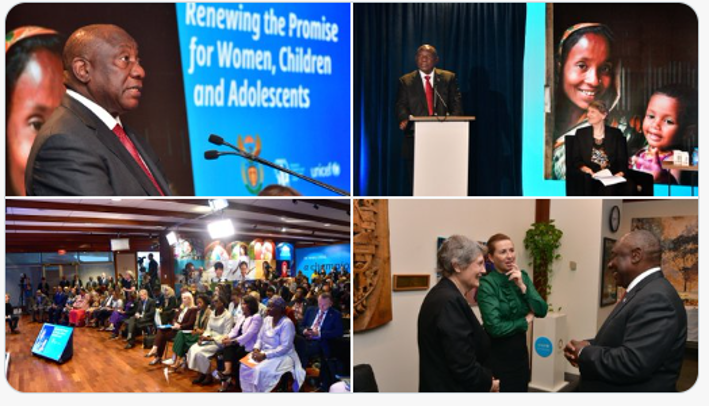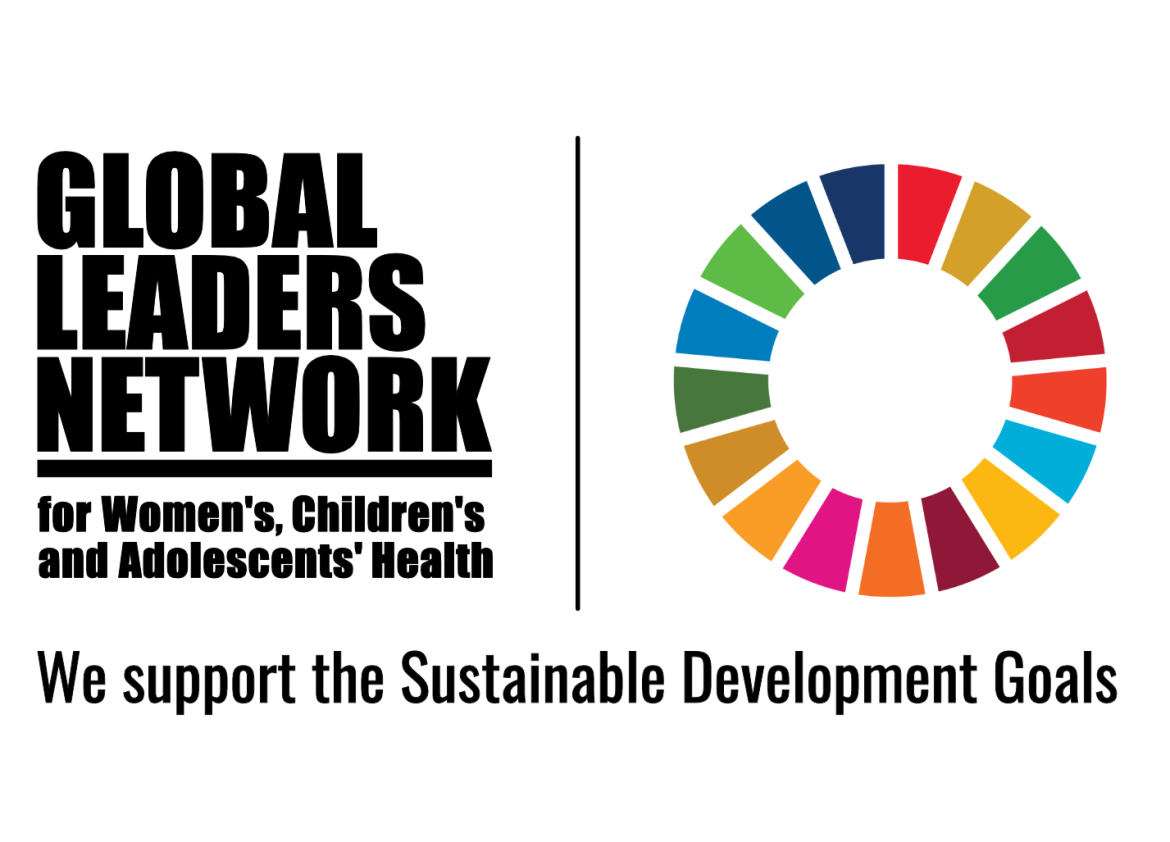By Haruna Gimba
Global Health Leaders (GLN) have converged on Geneva, Switzerland last week for the 78th World Health Assembly (WHA), with a clear focus on prioritisation and maximising limited resources in the current aid constrained environment.
An area prioritised by global health leaders in key discussions throughout the week was women’s, children’s, and adolescents’ health (WCAH).
A statement issued by Africa Press Organisation (APO), said from South Africa to regional organisations, such as the African Union (AU) and Pan American Health Organization (PAHO), leaders reiterated the call to elevate and prioritise this issue on regional agendas.
At an event co-hosted by the Partnership for Maternal, Newborn and Child Health (PMNCH) and the Global Leaders Network for Women’s, Children’s, and Adolescents’ Health (GLN), South African Minister of Health, Dr Aaron Motsoaledi emphasised the importance of political alignment and regional collaboration.
“There is an increasing role we can and must play regionally, aligning efforts and collaborating. This is why we are very proud to provide the highest political support through the Global Leaders Network for Women, children and adolescents.
“Led by President Ramaphosa and supported by other sitting heads of state and governments, and ministers of health and ambassadors, the GLN advocates for the attainment of the SDG targets for women’s, children’s and adolescents’ health,” he said.
Health Reporters Newspaper report that discussions highlighted stark disparities in child survival.
“For instance, in 2023, one in 15 children in Sub-Saharan Africa died before reaching their fifth birthday, 14 times higher than the risk for children born in high-income countries and almost 20 years behind the world average, which achieved a one in 15 rate by 2004.”
Meanwhile, adolescents across low- and middle-income countries still face persistent barriers to accessing sexual, reproductive and mental health services.
Angola, in a statement on behalf of 47 World Health Organisation (WHO) African Region Member States, responded to the WHA agenda item on the Global Strategy for Women’s, Children’s and Adolescents’ Health and highlighted the need for stronger regional responses.

File Photo: GLN pledging event during the United Nations General Assembly (UNGA) in 2024
“Despite progress, the main causes of maternal, newborn and child death are preventable. We must work jointly to set the progress and recognise the setbacks.” The statement stressed the need for joint action to improve health financing and ensure sustainable investment in health systems.
As part of efforts to advance regional support, GLN, PATH, and PMNCH convened a high-level dialogue with representatives from the European Union, the Asian Development Bank, the Pan American Health Organization (PAHO), Africa CDC, and the G20.
Dr Sami Al-Farsi also joined on behalf of the Ministry of Health in Oman. The dialogue focused on strategic follow-up and monitoring to accelerate action in priority countries and to strengthen national WCAH data systems.
These calls for action are aligned with broader WHA78 commitments, including the renewal of the strategic partnership between the AU and WHO, to advance reproductive, maternal, neonatal, child, and adolescent health (RMNCAH) as a shared priority.
Participants reiterated their engagement for WCAH through the Global Leaders Network (GLN), emphasising high-level political commitment and the importance of a rights-based, life-course approach.
The discussions underscored the need for equity-driven policies and sustained momentum at regional and global levels.
About the Global Leaders Network (GLN)
The Global Leaders Network for Women’s, Children’s, and Adolescents’ Health (GLN) is a Global-South led platform of Heads of State and Government working to mobilise high-level political leadership to advance the health and rights of women, children, and adolescents.
Chaired by President Cyril Ramaphosa of South Africa and supported by the PMNCH Secretariat, the GLN drives action on sustainable domestic financing, progressive lawmaking, and regional accountability to achieve the 2030 Sustainable Development Goals.
The network brings together leaders from across Africa and beyond to champion integrated, rights-based approaches to health, rooted in equity and national ownership.




